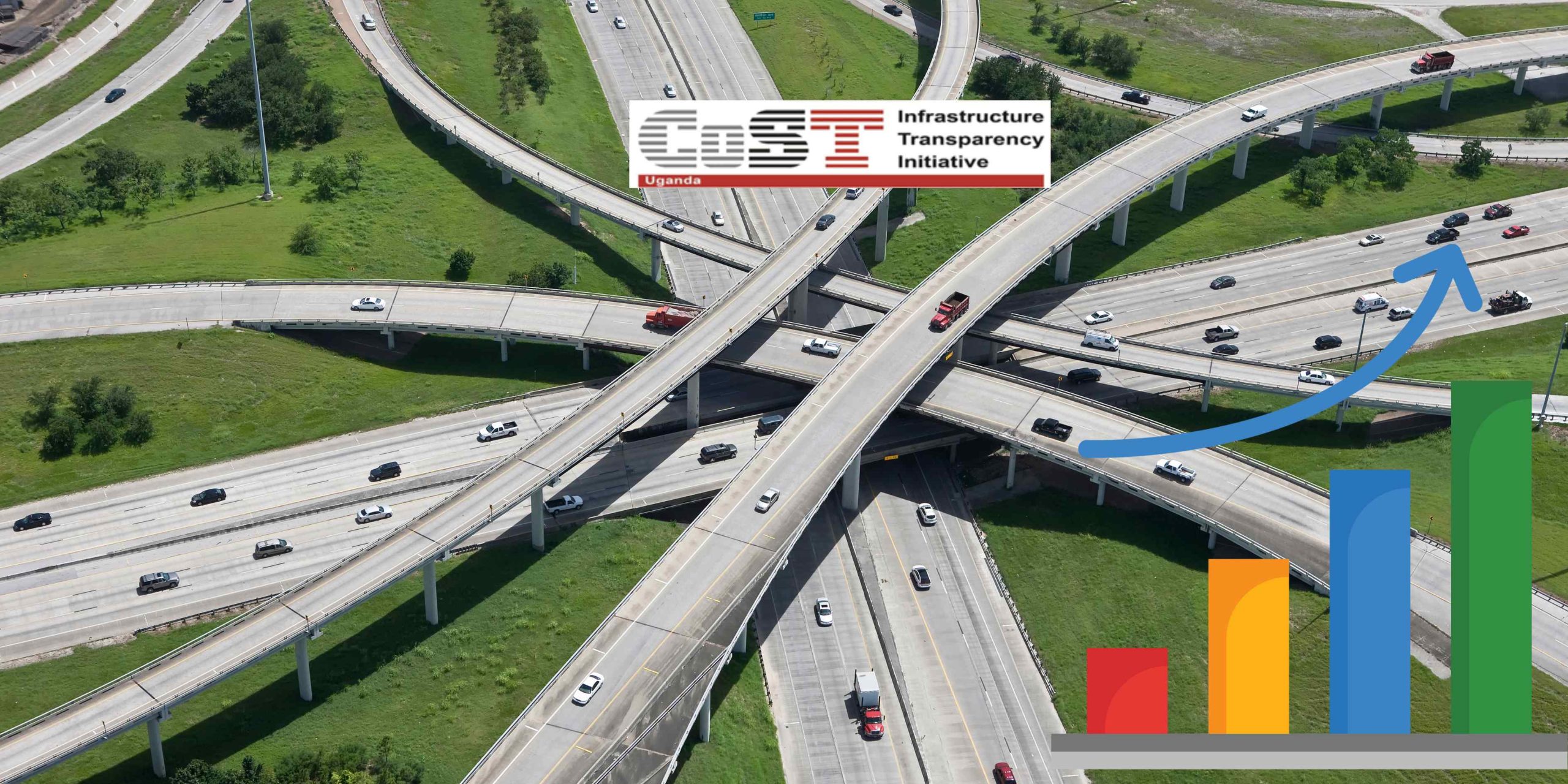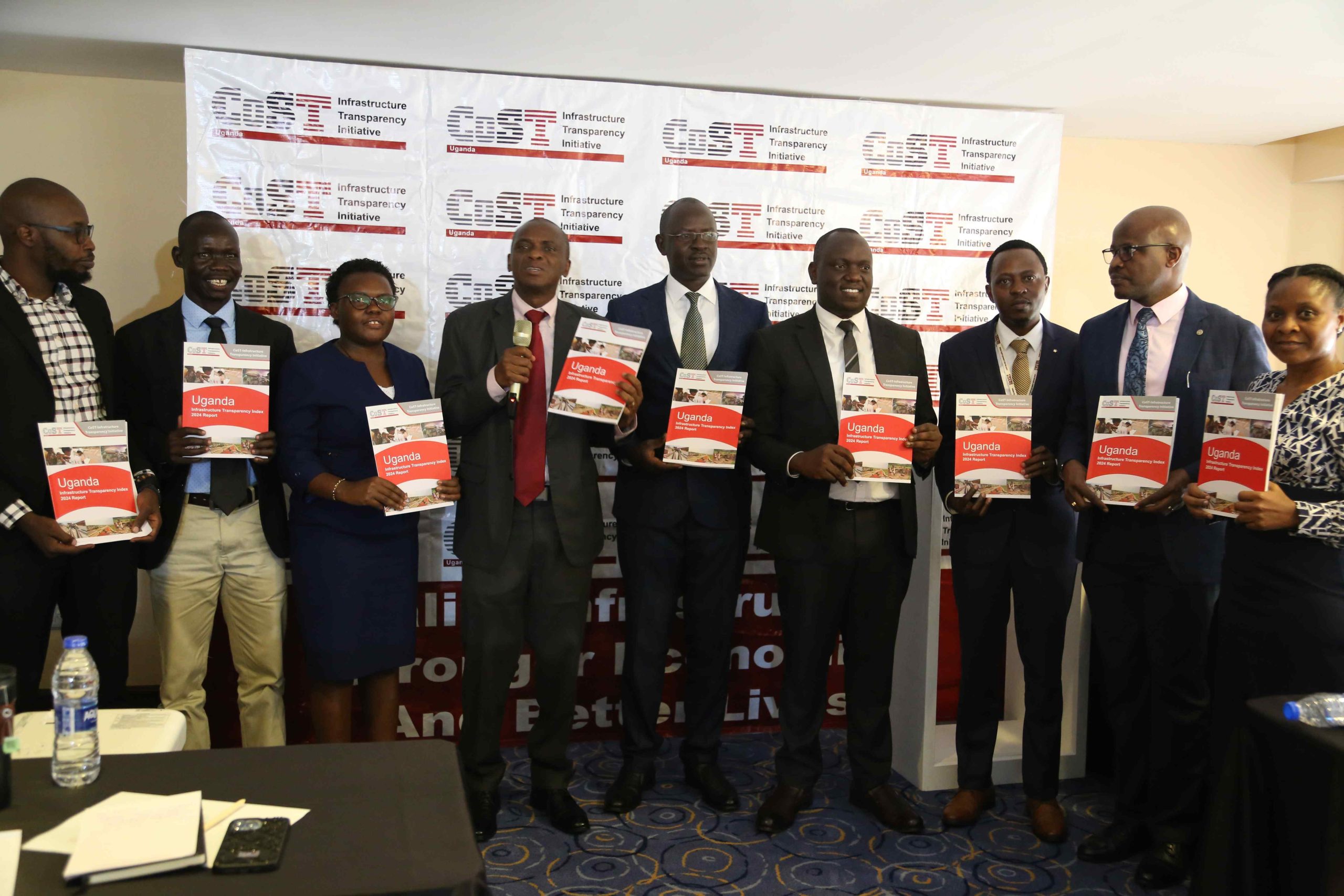
On 3rd September 2025, Kampala’s Hotel Africana was filled with different stakeholders Policymakers, transport professionals, civil society, academics, and all transport activists who gathered for the very first National Transport Roundtable (NTR) meeting launch, organized by the Civil Society Coalition on Transport in Uganda (CISCOT). NTR is a platform for key stakeholders to engage, share insights, and propose solutions for transport sector.
About Uganda’s Transport Sector
Uganda’s transport sector faces structural and systemic challenges. According to the National Planning Authority (NPA), traffic congestion alone costs the country 6.7% of GDP annually. In the Greater Kampala Metropolitan Area, daily congestion costs are estimated at USD 1.5 million (UGX 5.6 billion). Uganda registers about 14 road accident fatalities daily, and with 90% of transport being road-based, only 25% of which is paved, the system is under pressure. Uganda does not follow the World Bank’s recommendation of reserving 30% of road budgets for maintenance. Despite the improvements and innovations, Uganda’s transport system still faces poor planning, weak regulation, and under-investment.
Meeting discussions:
The meeting was participatory with submissions of challenges, mitigations and acknowledgements.
Violet Jolly, representing CoST Uganda an Infrastructure initiative programme implemented by Africa Freedom of Information Centre (AFIC), took the opportunity to highlight issues of roads built without budgets for maintenance, Flooding, heavy loan dependency, weak disclosure of infrastructure projects which limit public participation for accountability, and frequent cost overruns which were no longer statistics but lived realities. “these were part of CoST Uganda’s 6th independent review report findings 2025.
Commissioner Hajjara from the Ministry of Works and Transport acknowledged the budget constraints. Loans, she said, are often unavoidable, but they are intended to boost services. Policies exist, but prioritization is the challenge. She urged joint responsibility: “Everyone has a role to play in the transport sector.”
Simon, a boda boda rider and trainer raised concerns about unsafe riding practices, often influenced by passengers. He spoke of the dangers of ignorance passengers pushing riders to overspeed, accidents waiting at every turn. He’s taken it upon himself to train fellow riders, creating awareness where regulation lags.
Eng. Dr. Isaac Mutenyo, the events Keynote speaker, laid out the bigger picture in supplement. Uganda-he warned, has no structured public transport system. “90% of our transport is road based, but only a quarter of those roads are paved,” he said. He called for an integrated transport system road, rail, water, and air that is safe, affordable, sustainable and future-proofed for the next 30 years. His words carried more weight. Our reliance is on road transport, which is constrained with prevailing accidents, congestion, traffic jam.
He underscored the need for both “hardware and software” solutions in transport system while noting the poorly regulated workshops/garages, uncertified mechanics, poor policies to mention a few for better infrastructure as well as building capacity of users. Raised concern of over mixing police traffic control with traffic lights, which disrupts traffic flow and called for adoption of consistent traffic management systems.
A journalist questioned the depth of Uganda’s “integration”. At Queen’s Way, what exactly are we integrating? Boda bodas with taxis? Or are we talking about true integration like in other countries with roads connecting to rail, rail to air?”. Urged stakeholders to consider true multi-modality connecting road, rail, and air transport like other countries as advised by Dr. Amanda
Catherine from Makerere University innovation Centre highlighted their innovations on transport sector (a recent idea was on improving the railway). Academia was urged to conduct more research and innovation to shape sustainable transport policies.
Eng. Ssebbugga Kimeze also contributed on both transport and planning
Eng. Ronald Makombe (CISCOT) stressed the importance of implementing existing laws and better physical planning, citing issue of poor implementation for existing policies.
Ms. Barbra Mwanje (Board member-CISCOT) disclosed on their studies conducted on assessment of transport, highlighting the importance of environmental and social safeguards. She reminded participants that transport is also about services, safety standards, licensing, and protecting the environment supplementing infrastructure. In her remarks she encouraged that
these round table meetings shall focus on two major areas for their strategic plan-advocacy and capacity building.
Meeting Called for:
• An integrated transport master plan covering roads, railway, water and air.
• Prioritization of road maintenance, following World Bank’s guidance of reserving 30% of road project budgets for maintenance.
• Strengthening regulation of public transport services, workshops, and mechanics.
• Greater focus on non-motorized transport, including safe spaces for pedestrians, cyclists, and joggers. And Continuous stakeholder engagement through the monthly NTR series.
Dr. Mutabazi Sam Stewart, Chairperson Organizing Committee, CISCOT, closed the meeting with great appreciation to participants and a reaffirming their commitment to making the National Transport Roundtable (NTR) a credible monthly platform for solutions-driven dialogue that was set to become a monthly space for dialogue and accountability.

Figure 1Dr. Mutabazi Sam Stewart CISCOT- left, Dr. Isaac Mutenyo-middle and Commissioner Hajjara -MoWT on a conversation after event Stay on board with our programs and activities via our website, linked in, twitter x, and you-tube



